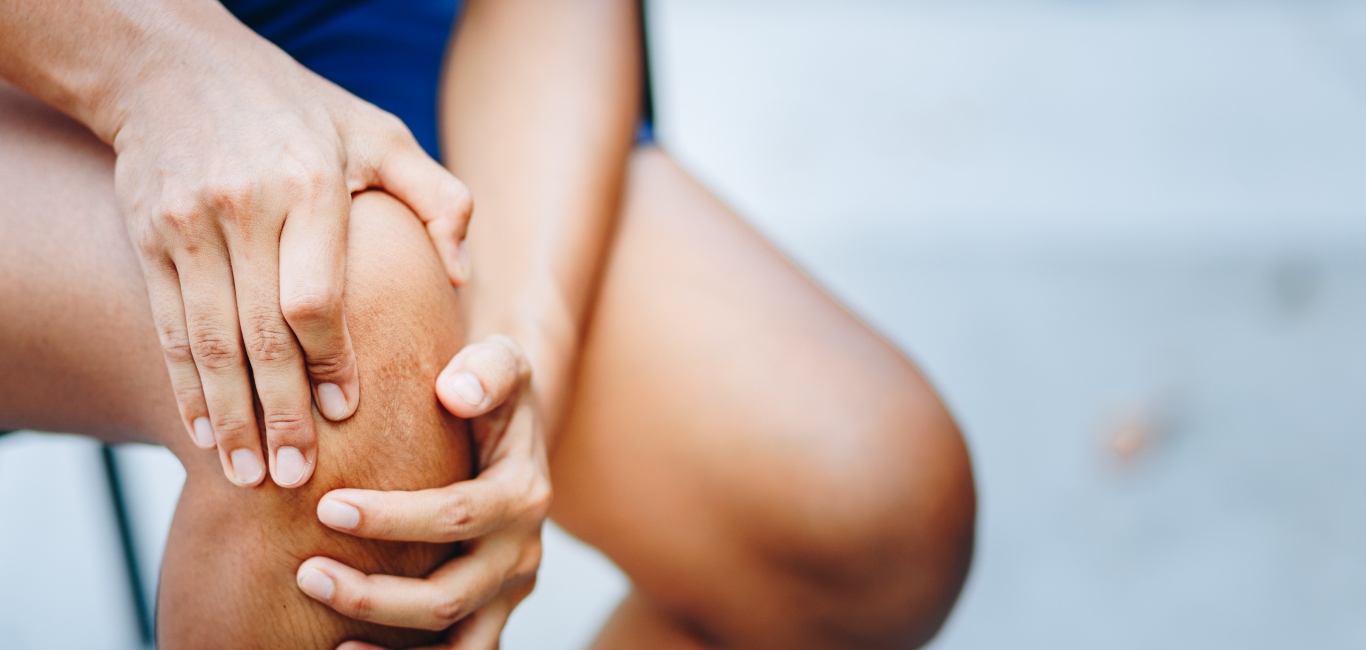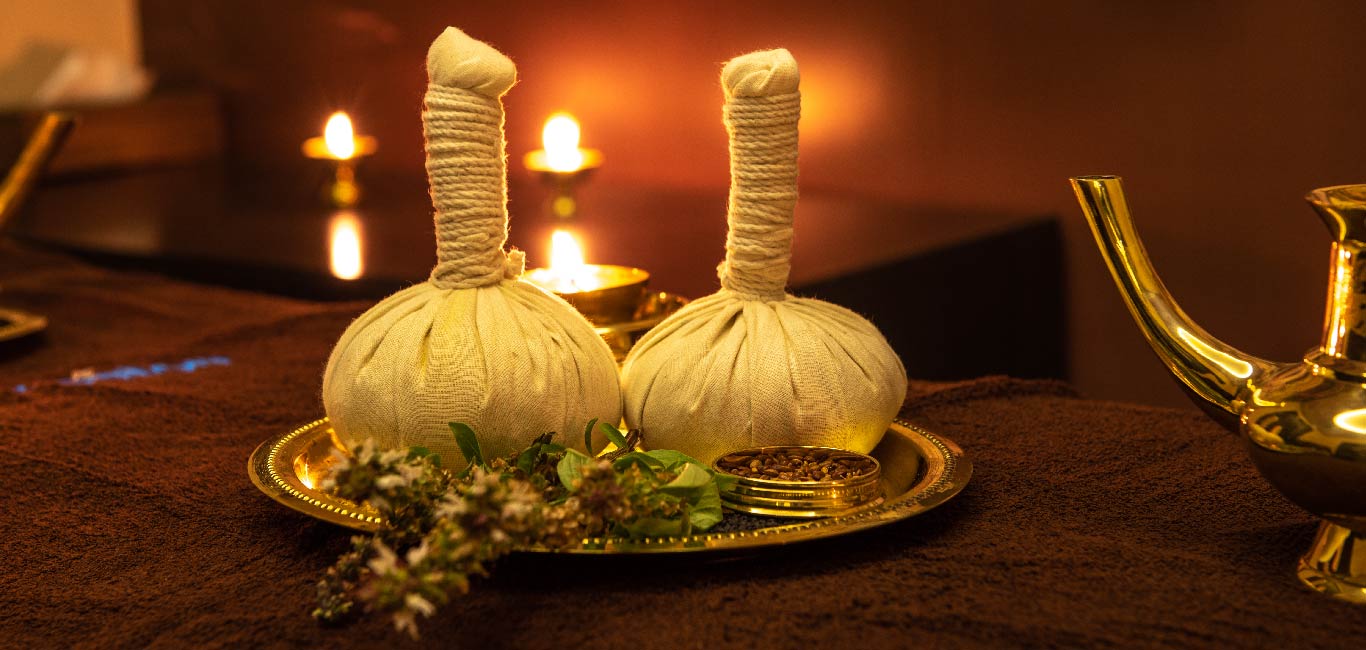
Our joints are what keep our body’s machinery going. It is only when any of them start aching that most of us realise how much they have been working for us. There are several medications, therapies and streams of medicine one can opt for to help manage joint pain, Ayurveda being one of them. But before we learn about what Ayurveda can offer, it is important to understand some terminologies and the anatomy from an ayurvedic perspective.
“The common cause of joint pain is excess ‘vata dosha’ and accumulations of ‘ama’ (toxins) in the body,” says Stefanie Yeager, an Ayurveda health counsellor based in Minneapolis, Minnesota. “Vata is made of the elements of ether and air and is responsible for movement. When it is in excess, it creates an imbalance, moves into the joints, and weakens tissues around the joints,” she explains.
Common causes of joint pain
There are various reasons that could cause your joints to hurt. It is important to first know what caused the joint pain and which tissues are affected. The pain could be because of the overuse of a joint or due to inflammation. Something could be wrong with the bone tissue itself, or there could be fluid accumulation.
Speaking of how an ayurvedic practitioner goes about diagnosing and learning about the root cause of joint pain, Brigitte Pappot, a practitioner based in the Netherlands says, “we ask the person how and when it occurred, (is there a specific cause) and for how long the pain has persisted. We also consider the current season of the year and the age of the person. Only then can we decide what dosha we have to treat.”
Pappot says that people who complain of joint pains usually have a lot of (mental) stress. Their food and lifestyle habits, such as consuming incompatible foods and excessive movement of the body also causes an increase in ‘vata dosha’ leading to dryness in the joints.
Adding to how the digestion system (agni) also contributes to the health of our joints, Yeager says, “a weak or impaired digestion (agni dushti) can cause joint pain. When the vata is imbalanced, the body ‘dries’ out. An excess of light, dry, raw, airy food intake can lead to agni dushti.”
Take an integrated, holistic approach
Ayurveda takes a ‘whole body approach’ to ensuring one is in optimal health. “When looking at joint pain, we want to look at the root cause and use practices that include proper nutrition, proper exercise, daily routines, herbs, meditation and yoga to help balance the vata dosha and strengthen agni. Ayurveda does not just focus on the physical symptom of the pain. We also take what is happening in the mind into consideration to determine the lifestyle factor that can be contributing to create an imbalance in the vata,” explains Yeager.
Recommendations and practices of Ayurveda are tailored to each person according to their body’s requirements. “Proper nutrition that balances vata is vital, along with daily routines that support grounding, rest, and nourishment for the body and mind. To balance vata specifically, the body needs lubrication and time to rest, re-set and digest properly,” adds Yeager.
Read more here about Ayurveda’s take on pain management.
Lifestyle matters
Dr Jeethu Ramachandran, an ayurvedic doctor and wellness expert based in Bahrain, says that just as a machine needs regular oiling so does our body, and our joints specifically. “On a weekly basis I would recommend everyone to go for a whole-body oil massage. At least massage the joints once or twice a week. It will prevent its wear and tear. You can adopt this early in your lifestyle, in your early 20s itself,” she says.
Over exercising can also lead to the joint’s wear and tear and if you are overweight it is advisable to not use heavy weights. “Additionally, it is important to meditate as it helps reduce the stress in your body,” Ramachandran adds.
Inflammation can be another cause of joint pain. Hence, avoid eating food that may trigger inflammation such as read meat, caffeine, alcohol, tobacco, consuming curd at night, heavy dinner at night, as these undigested foods also cause inflammation. “It is also advised to sleep well. If you have inflammation or indigestion, drink dry ginger water and include spices like turmeric,” adds Ramachandran.
Herbs that can be used to manage joint pain
Turmeric, dry ginger, winter cherry and alpinia
Home remedies to manage joint pain
- Take a piece of cotton and place it on the joint that needs treatment and add warm sesame oil; keep this on for 30 minutes. You can also loosely tie it and rest.
- Crush a pinch of ajwain and add it to warm mustard oil. Make it into a paste and apply it on the joint to relieve pain.
- Dry ginger water can be included in your daily lifestyle. Adding turmeric to your milk can also help prevent joint pain in the long run.
- It important to first find out why your joint is paining. If it is due to degeneration or inflammation, do not try the home remedies, but consult your doctor.
— Dr Jeethu Ramachandran
Some lifestyle changes you can adopt
- Eat warm, cooked foods with ghee and oils to lubricate the body. Sesame oil is great for balancing vata. Consume lightly cooked rather than raw, light, dry and airy (think crackers, popcorns, etc.) foods as they are easier to digest. Warm water and warm teas are best. Avoid drinking cold water, drinks or smoothies as they weaken digestion.
- Have a fixed daily routine, consistent sleep and eating schedule. This will help ground vata dosha and bring balance.
- Abhyanga is a self-massage that you can do in the morning or evening where you use any warm oil (like sesame oil) and massage the joints in a circular motion. This lubricates the joints and tissues and calms the nervous system.
- Go in for exercises, such as walking, to promote joint health. Hard, aggressive exercises can be hard on the joints and is usually not recommended. Excess movement and exercise will increase vata.
- Do meditation and pranayama to calm the mind as excess vata can create cause anxiety, fear and loss of focus. Meditation and breathing in the mornings and evenings, even for five minutes, will help calm vata dosha.
- Do gentle yoga that focuses on moving the joints. Yoga that is slower paced and focuses on breathing is great for vata dosha.
- Use herbs such as triphala to support digestion.
— Stefanie Yeager

















